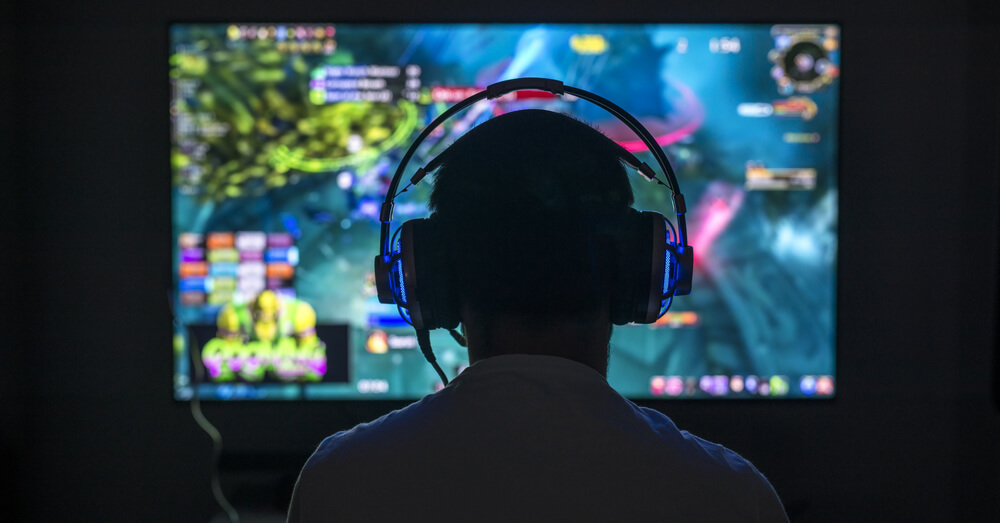
The blockchain gaming economy will be larger than Japan’s, the Tokyo-based businessman said
Hironao Kunimitsu, the founder of Tokyo social gaming firm Gumi, spoke about the future of gaming in the context of blockchain-based trading of non-fungible tokens (NFTs) at the Japan Traders Live organised by CoinTelegraph last week.
The entrepreneur believes that the market to trade NFTs in video games will grow to become “larger than Japan’s economy.” He further explained that the potential for video games like Minecraft, if they adopt blockchain technology, is huge.
Fungible tokens like cryptocurrencies are interchangeable. This means that any token of a particular kind holds the same value as any other token of that kind.
Non-Fungible Tokens, on the other hand, are cryptographic tokens that represent something unique. They can be considered as proof of ownership for specific characters or items in a video game. This allows NFTs to be traded for cryptocurrencies in at exchanges such as OpenSea. Basically, NFTs enable a whole new sphere of economic activity into gaming.
Presently, gamers who build unique items, such as houses on Minecraft, only receive appreciation for their time and efforts. However, if blockchain technology can be used to certify that a player’s house is one of a kind, the house will be seen as valuable and someone will want to buy it, Kunimitsu explained.
“If blockchain guarantees that ‘this house is the only one existing in the world’, there will be someone who wants to pay to get it. If the number of particular furniture available is ten, if the number of clothes for aviators made by Gucci is limited to one hundred, if the supply of lands, buildings, etc. are also limited, they become valuable,” he rationalised.
About 150 million players use Fortnight every month and Minecraft has about 91 million active players worldwide. The market is “bigger than Japan’s population,” Kunimitsu claimed, meaning that the value of these games will surge if blockchain adoption becomes the new norm.
“Now Facebook’s Zuckerberg is developing Libra. They are also doing the VR business through Oculus. In the near future if a game world with more than 100 million, 200 million, even 300 million population is born, [by using blockchain] you can trade game items as assets and Libra may become a base currency. Then you will see the economy bigger than Japan is emerging,” he elaborated.
Kunimitsu explained that currently, video games are seen as a futile activity. “Parents across the world say why you are playing video games so much. This is because it is a waste of time,” he said. However, Kunimitsu believes that this attitude is bound to change once video games adopt blockchain and become “valuable.”
“You can build a magnificent house and sell it to the people who are good at making money in the real world”, said Kunimitsu. “Children will no longer be scolded by their parents for playing video games,” he concluded.

